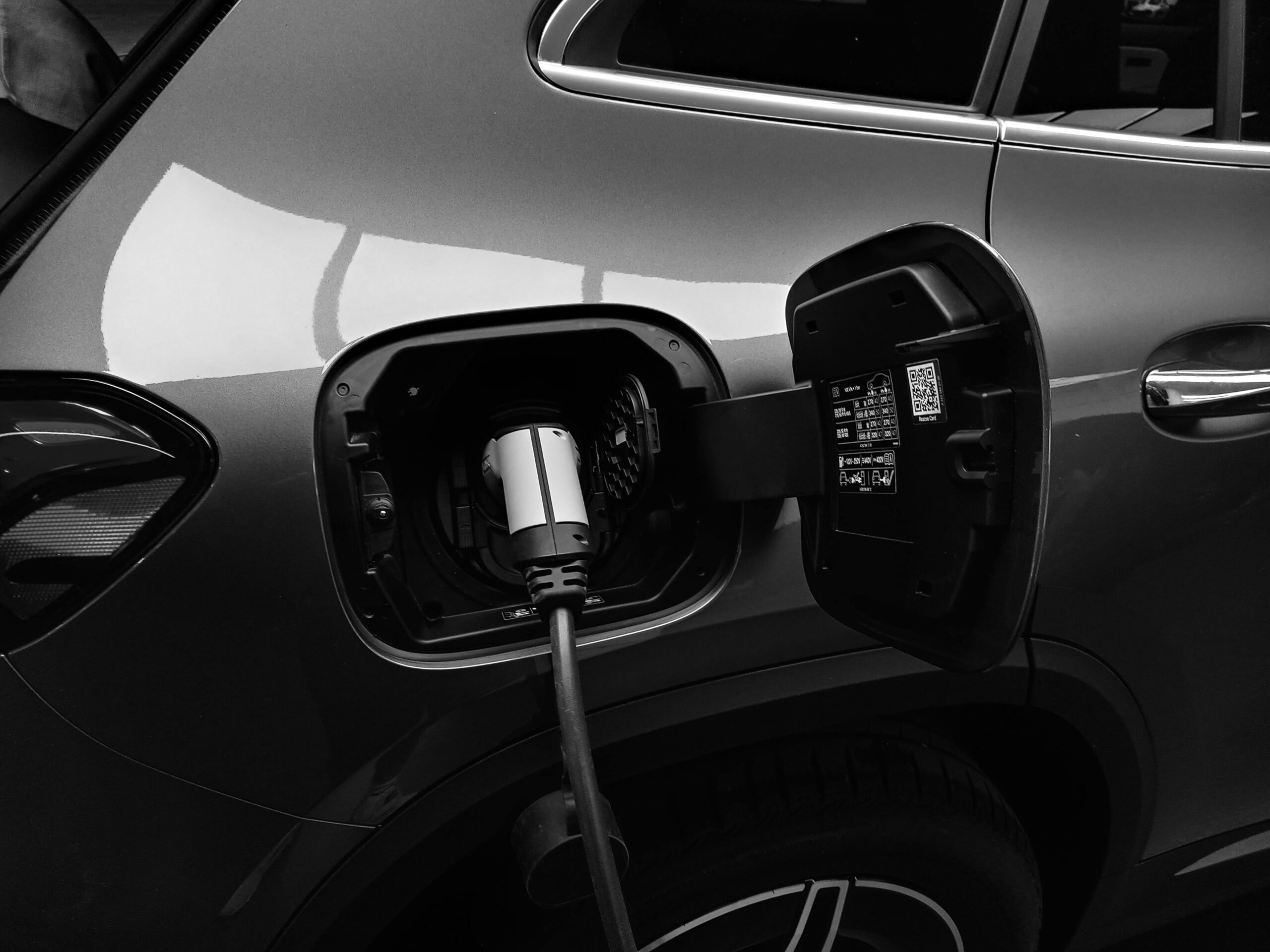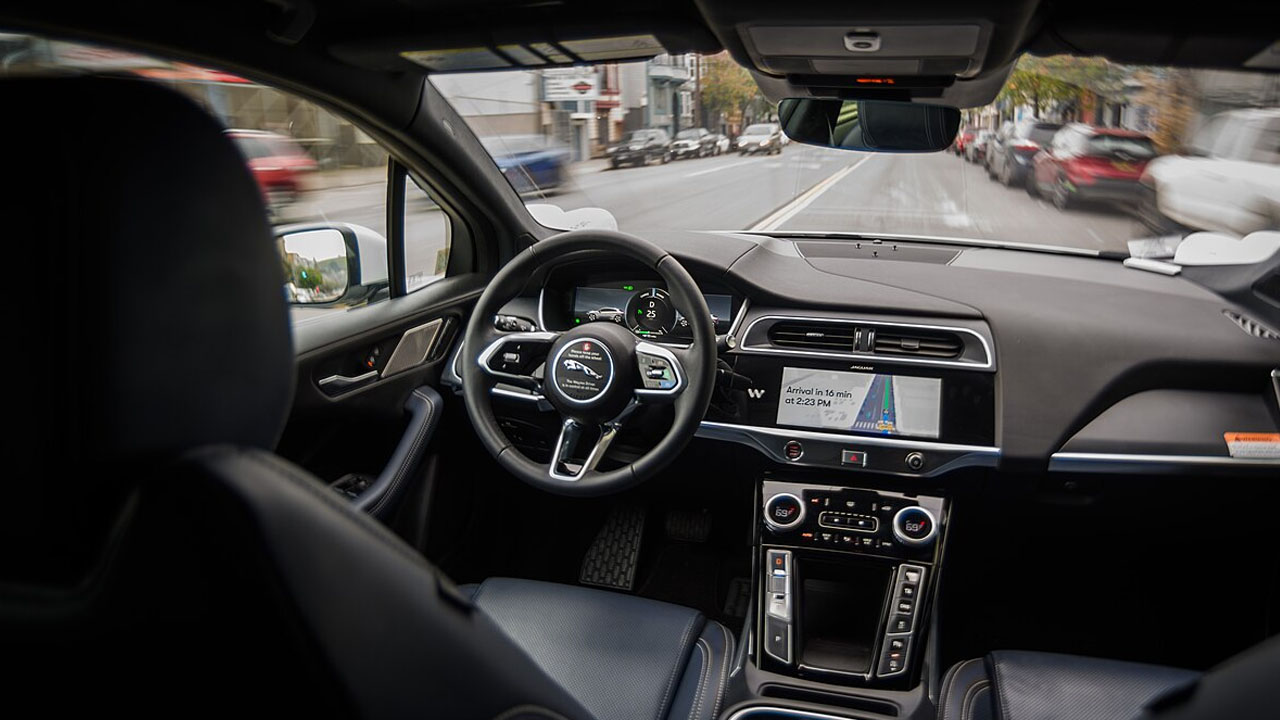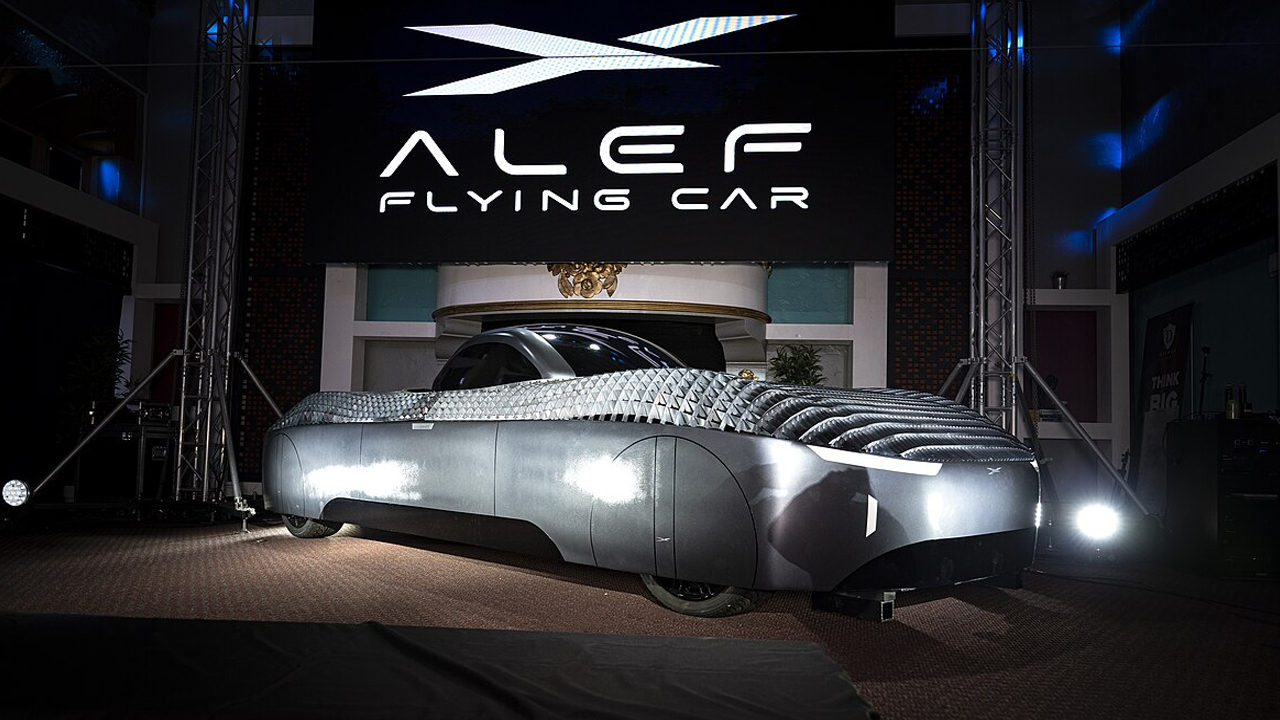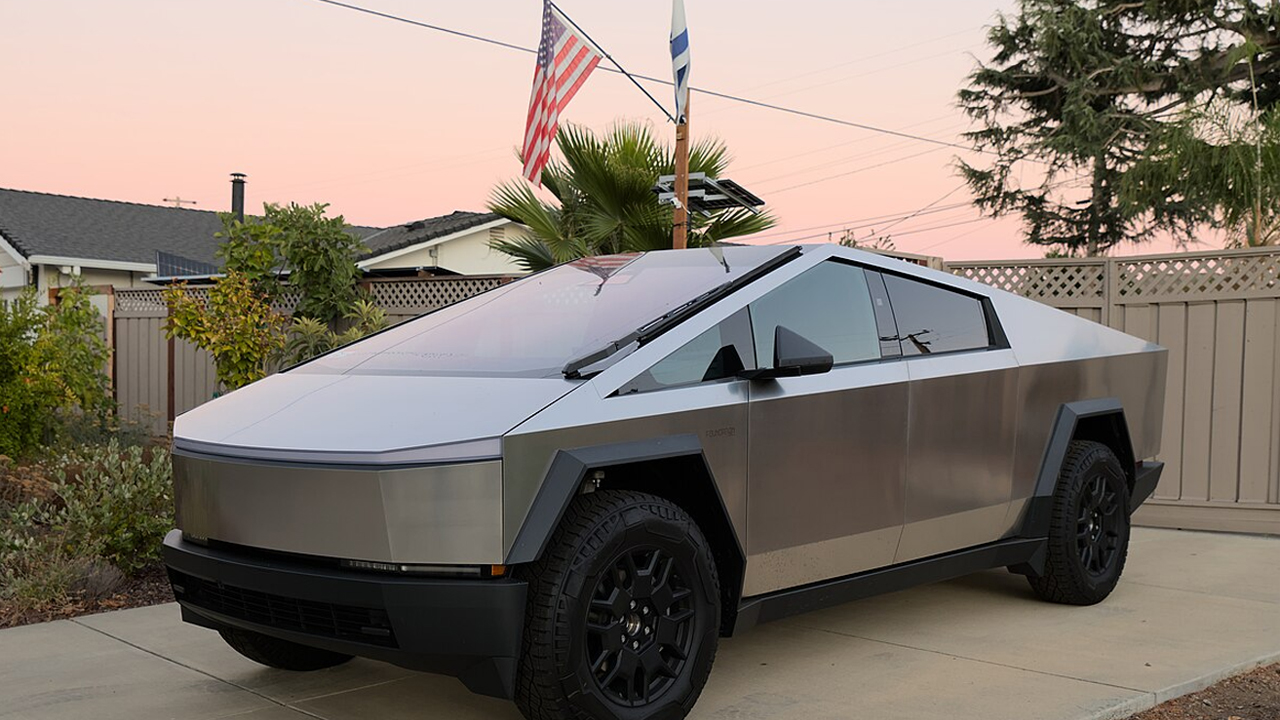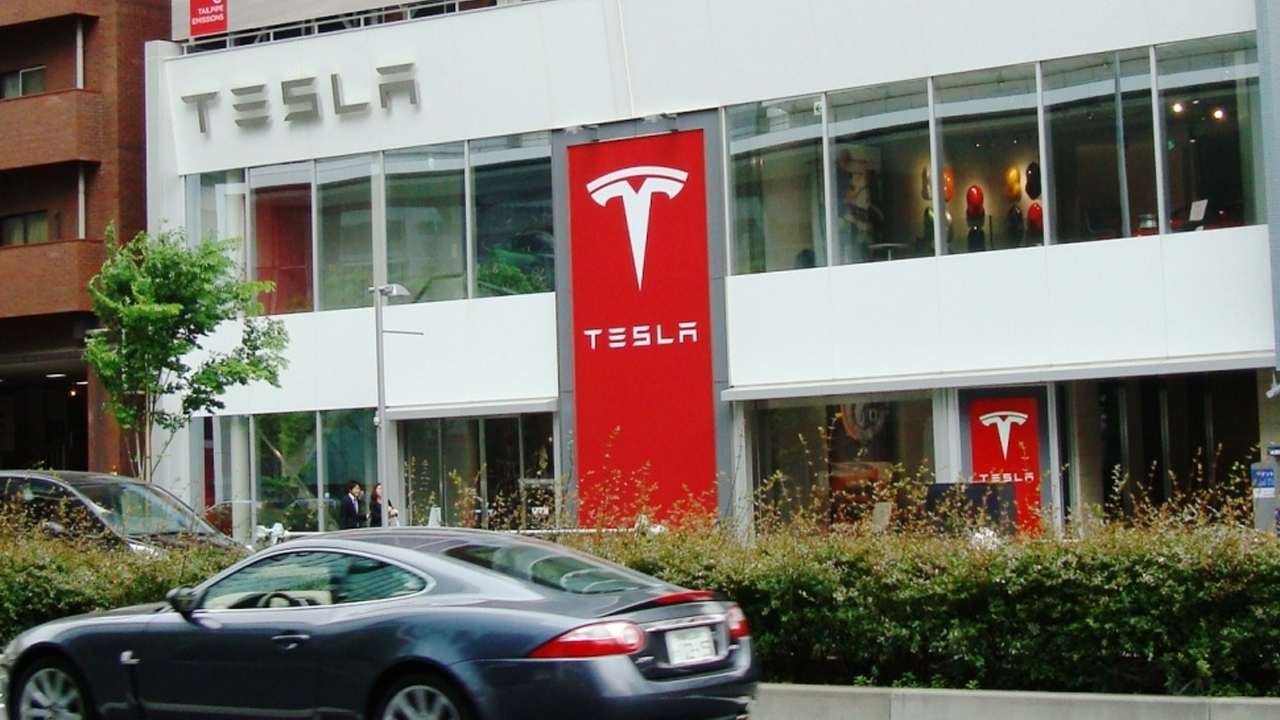Artificial intelligence (AI) is rapidly transforming the way we interact with our vehicles, making them smarter, safer, and more responsive to our needs. This evolution is not just about futuristic concepts; it’s about tangible changes that are already enhancing our daily driving experiences. Let’s explore some key areas where AI is making a significant impact.
Advanced Driver Assistance Systems (ADAS)
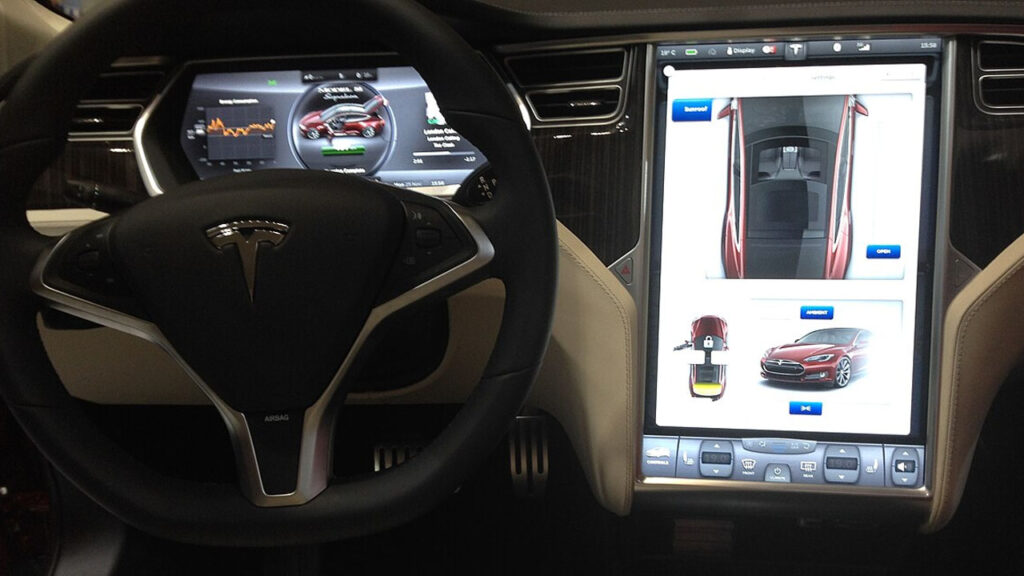
AI is at the heart of modern Advanced Driver Assistance Systems, enabling vehicles to detect obstacles, pedestrians, and other vehicles on the road. By processing data from various sensors, these systems can provide timely alerts and even take corrective actions to prevent accidents. This technology not only enhances safety but also contributes to a more comfortable driving experience. (Source: Automate.org)
Personalized In-Car Assistants
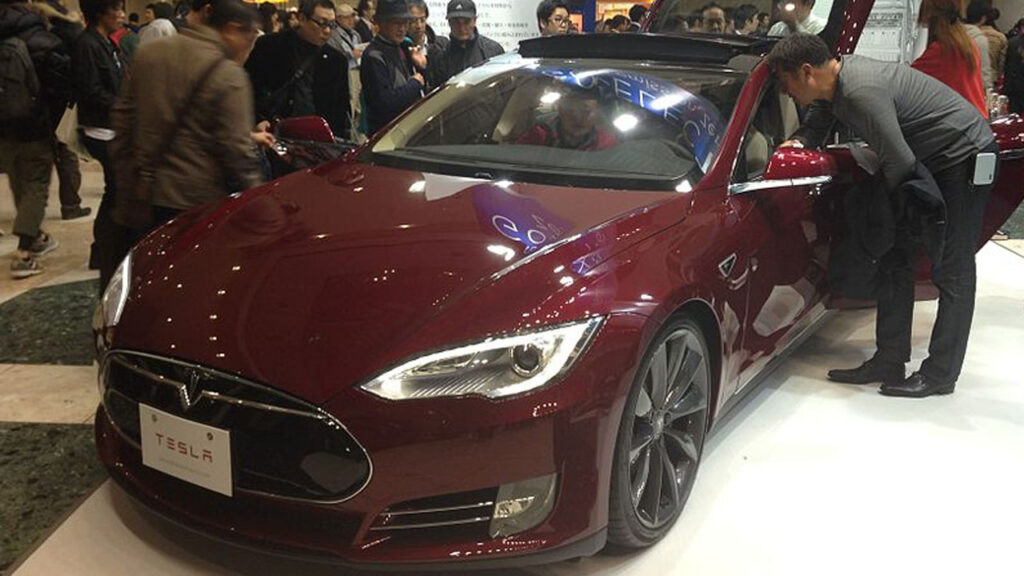
Imagine a car that knows your schedule, reminds you of important appointments, and suggests breaks when you’re on a long drive. AI-powered voice assistants are making this a reality. By integrating with your calendar and learning your habits, these systems can provide personalized recommendations and reminders, making your journeys more convenient and enjoyable. (Source: The Sun)
Autonomous Driving Capabilities
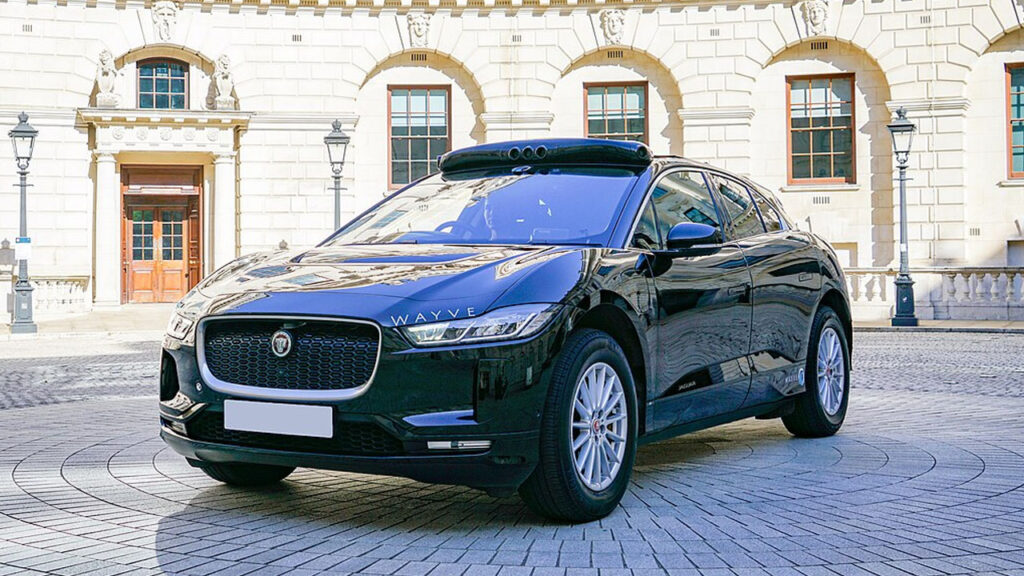
The dream of self-driving cars is becoming more attainable, thanks to AI. Companies like Wayve are partnering with automakers such as Nissan to integrate autonomous driving software into vehicles. Unlike traditional systems that rely heavily on pre-programmed scenarios, these AI-driven systems learn from real-world data, allowing them to adapt and respond like human drivers. This approach promises to make autonomous vehicles more versatile and capable in diverse driving conditions. (Source: Business Insider)
Enhanced Safety Features
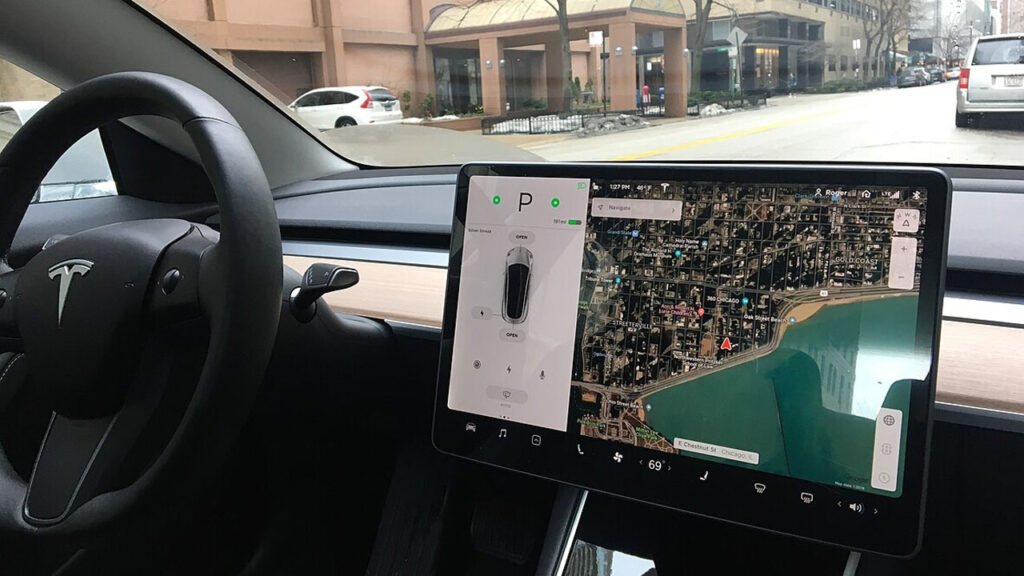
AI is also revolutionizing vehicle safety by introducing features like predictive measures and real-time monitoring. For instance, some systems can detect signs of driver drowsiness or distraction and provide alerts to refocus attention. Others can predict potential collisions and take preventive actions, such as adjusting speed or steering. These advancements are making our roads safer for everyone. (Source: Riverside Motors)
Integration with Smart Infrastructure
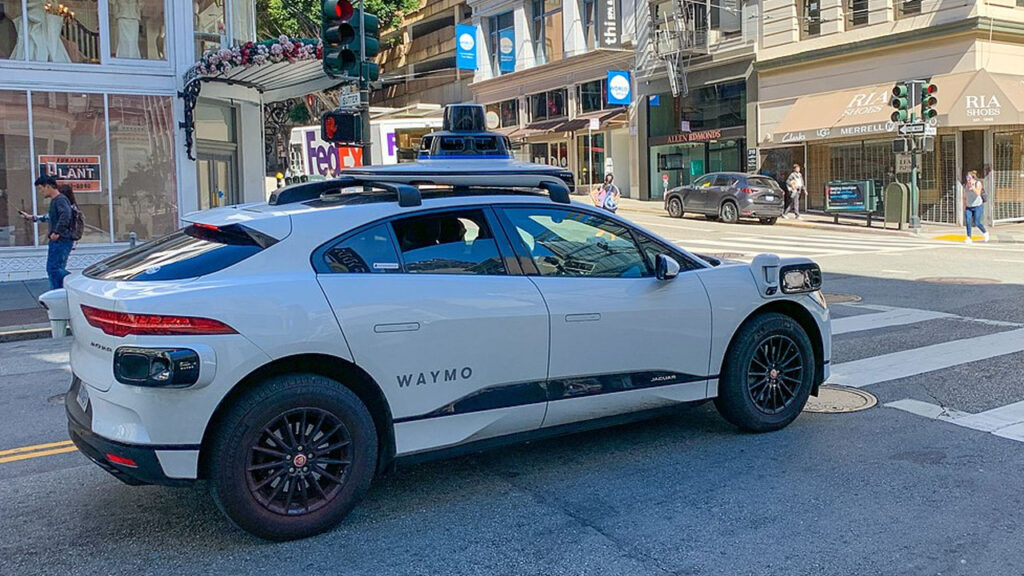
As cities become smarter, vehicles are following suit by integrating with urban infrastructure. AI enables cars to communicate with traffic lights, parking systems, and other elements of the cityscape, facilitating smoother traffic flow and reducing congestion. This connectivity not only enhances the driving experience but also contributes to more efficient and sustainable urban environments. (Source: Forbes)
